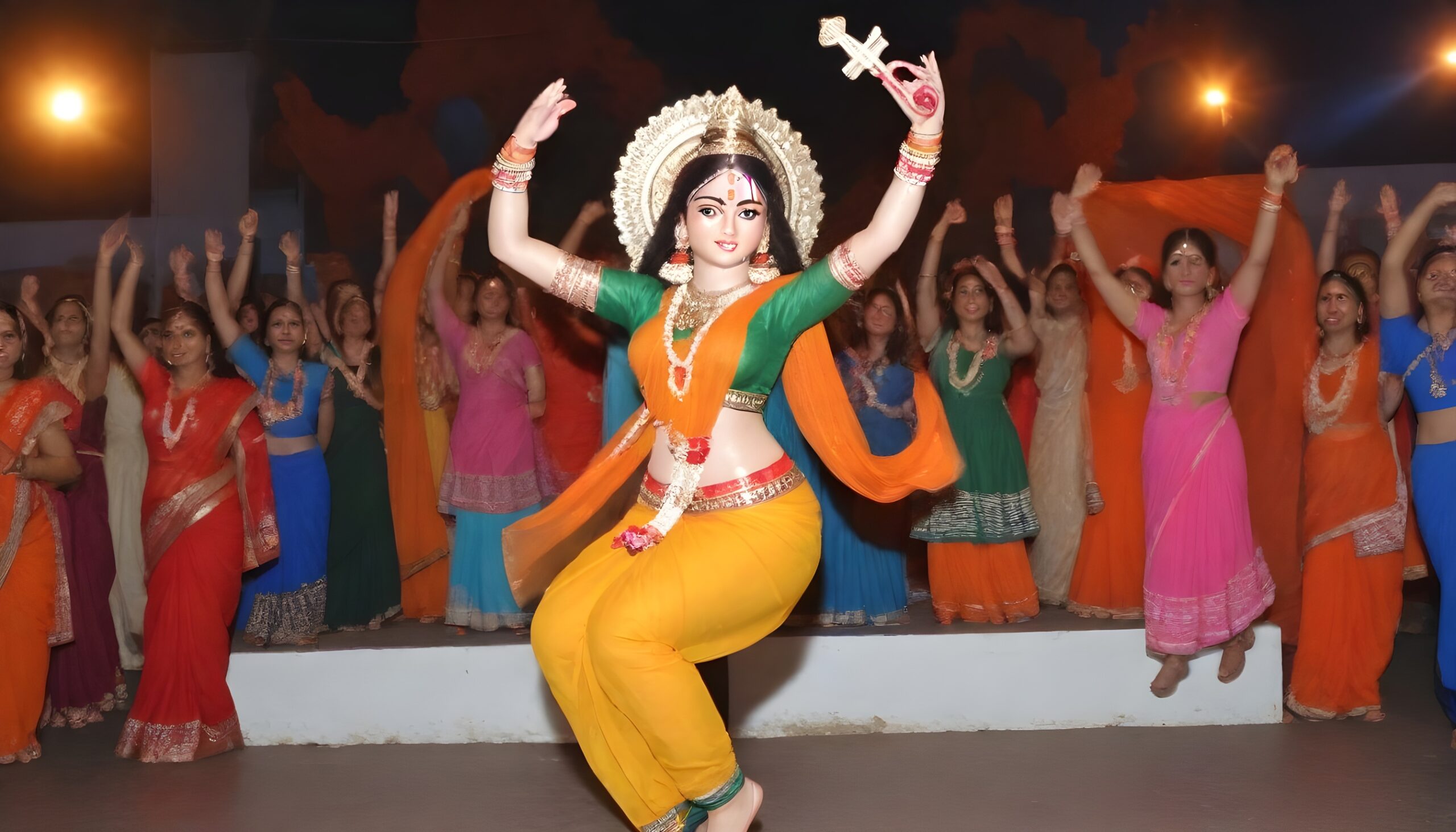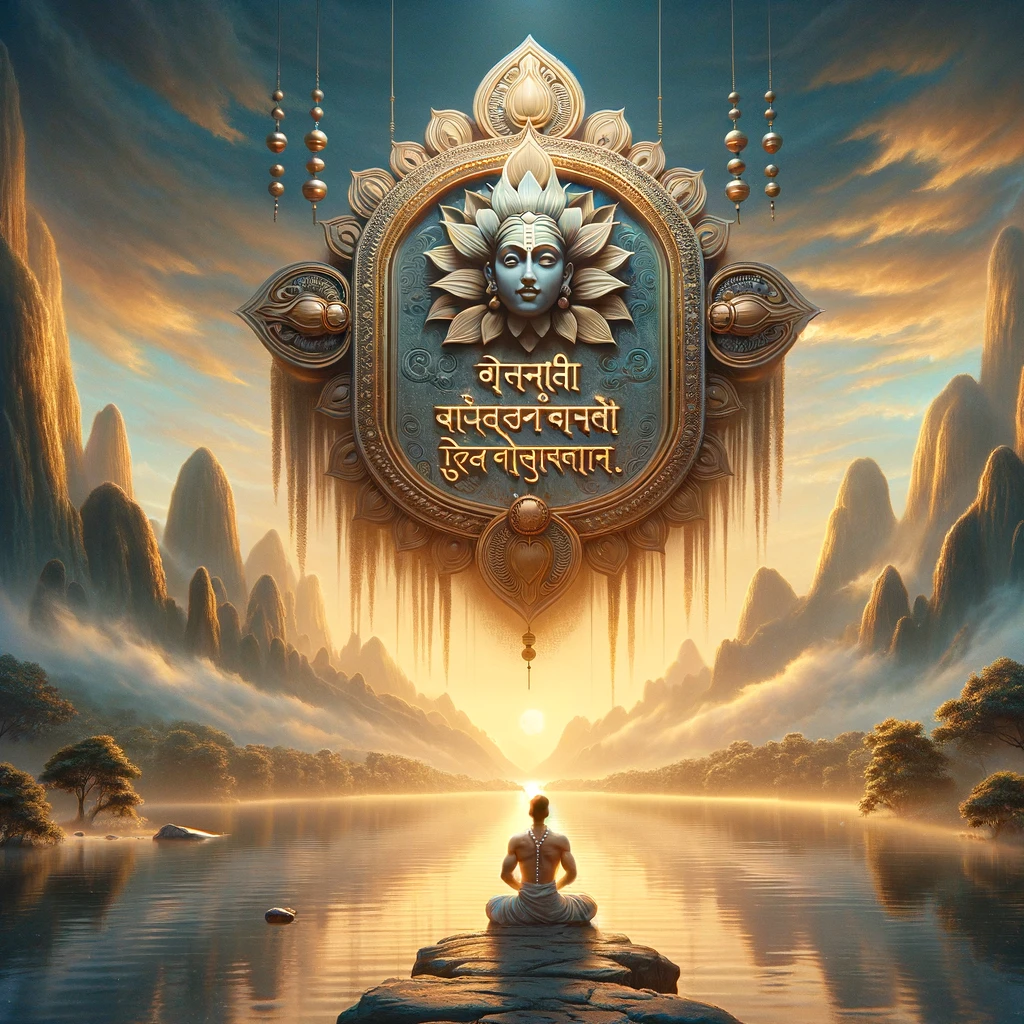
Navratri, a vibrant and auspicious Hindu festival, marks the celebration of the divine feminine energy over nine nights and ten days. The first day of Navratri holds special significance as devotees embark on this spiritual journey with fervor and devotion. Significance of the First Day:
On the first day of Navratri, devotees pay homage to Goddess Shailaputri, an incarnation of Goddess Parvati. Shailaputri, the daughter of the mountains, symbolizes purity and strength. She is worshipped for her divine grace and blessings for health, prosperity, and happiness.
संबंधित विषय
Navratri
ये भी पढें
Navratri: नवरात्री के दौरान क्या करें, क्या न करें?
Navratri: नवरात्रि में आपकी राशि पर क्या प्रभाव पड़ेगा?
Navratri 2024: ध्यान दें! नवरात्रि में क्या करें और क्या न करें
Rituals and Celebrations:
- Ghatasthapana: The first day of Navratri begins with Ghatasthapana, the ritual of establishing a Kalash (sacred pot) symbolizing the presence of the divine Goddess in the household.
- Prayers and Offerings: Devotees offer prayers, perform aarti, and chant mantras dedicated to Goddess Shailaputri to seek her blessings for a fruitful and harmonious life.
- Fasting: Many devotees observe fasts on the first day of Navratri as a form of spiritual cleansing and dedication to the Goddess.
Spiritual Significance:
Navratri signifies the triumph of good over evil and the victory of light over darkness. It is a time for introspection, prayer, and seeking divine blessings to overcome obstacles and attain spiritual growth.
ये विडियो भी देखें
Navratri Video: नवरात्रि में कैसे करें व्रत और पूजा ? श्री अनिरुद्धाचार्य जी से जानें सही तरीका
Navratri: नवरात्रि में 5 खास उपाय और महालक्ष्मी का अखंड आशीर्वाद पाएं | Kaushik Ji Maharaj
Navratri: सभी दुखों को दूर करने के लिए माता रानी की विशेष नवरात्रि कथा | Pujya Rashmi Mishra Ji
The first day of Navratri sets the tone for this auspicious festival, invoking the blessings of Goddess Shailaputri and embarking on a spiritual journey filled with devotion, rituals, and celebrations. It is a time to connect with the divine feminine energy and seek inner transformation and blessings for a prosperous and fulfilling life.


